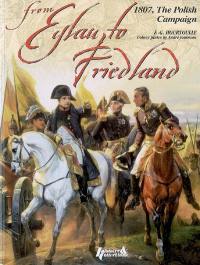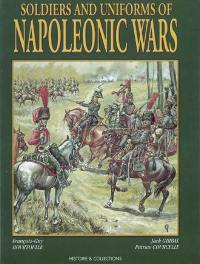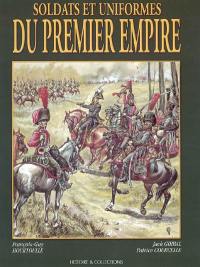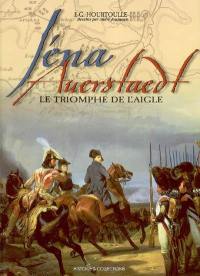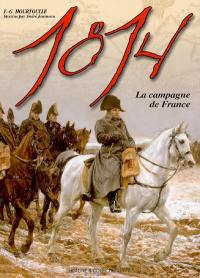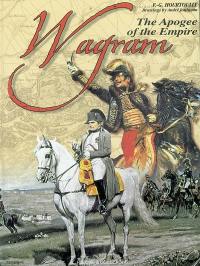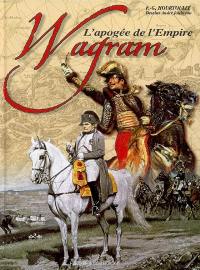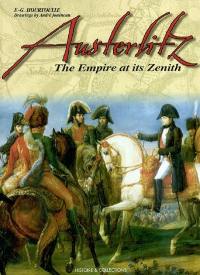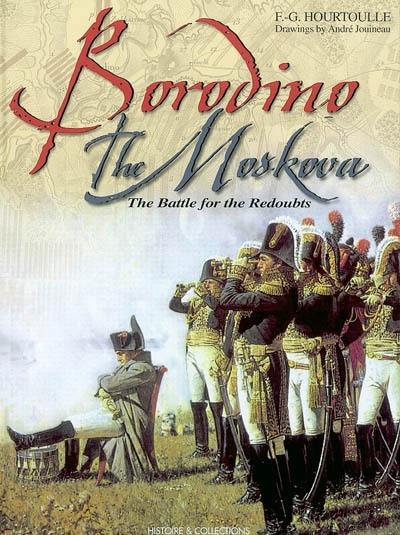
Fiche technique
Format : Relié
Nb de pages : 120 pages
Poids : 601 g
Dimensions : 24cm X 32cm
EAN : 9782908182965
Borodino-the Moskowa
the battles for the Redoubts
Quatrième de couverture
The Battle of the Moskova has given rise to a multitude of partisans and controversial theories about the validity of the victory, the mistakes the Emperor made, his behaviour, the number of soldiers in the two opposing armies, the relative scale of the losses and what followed the battle.
The author tried to get close to the truth by consulting the extensive statistics in the archives, the witnesses and by especially not including the spectre of the subsequent retreat which always tends to cloud objectivity. This is why it is necessary to accompany these soldiers on the long road to Moscow, towards this much sought-after battlefield, to discover it with them, but without taking into account this retreat. It is necessary to take part in the battle, and live through the different episodes in the midst of all the confusing details of the real participants, who only saw the place where they charged, fired, attacked, or gave ground before the enemy's attacks.
The accounts of the staff officers are often only a gathering of misformed and misinterpreted indirect reports.
First the forces involved with all their uniforms and different details so that you can place them more easily. The Russian Army, homogenous, fanatical, defending its territory with passion, was much simpler than Napoleon's army which consisted of a variety of troops, French and foreign, regrouped or integrated into the different French corps. In order to have enough of an army, Napoleon had to call on the rest of Europe, then under his domination, because his old soldiers had been left behind in Spain, far from their leader. It was a far cry from the proud Grande Armée of the beginning of the Empire, proud of the quality of its men, proud of its enthusiasm and not just its uniforms.
The army which had entered Russia included doubtful and disenchanted allies, and reluctant conscripts. The hard core of the army was made up of men from Germany forged by Davout from old regiments, and of the Garde. It was with this assorted army that the Emperor thought he could win, compensating all its deficiencies by his genius for organising and handling battles. Would he be right?
With her gold, England was pulling the strings and watching very closely those who were fighting for her unawares.





